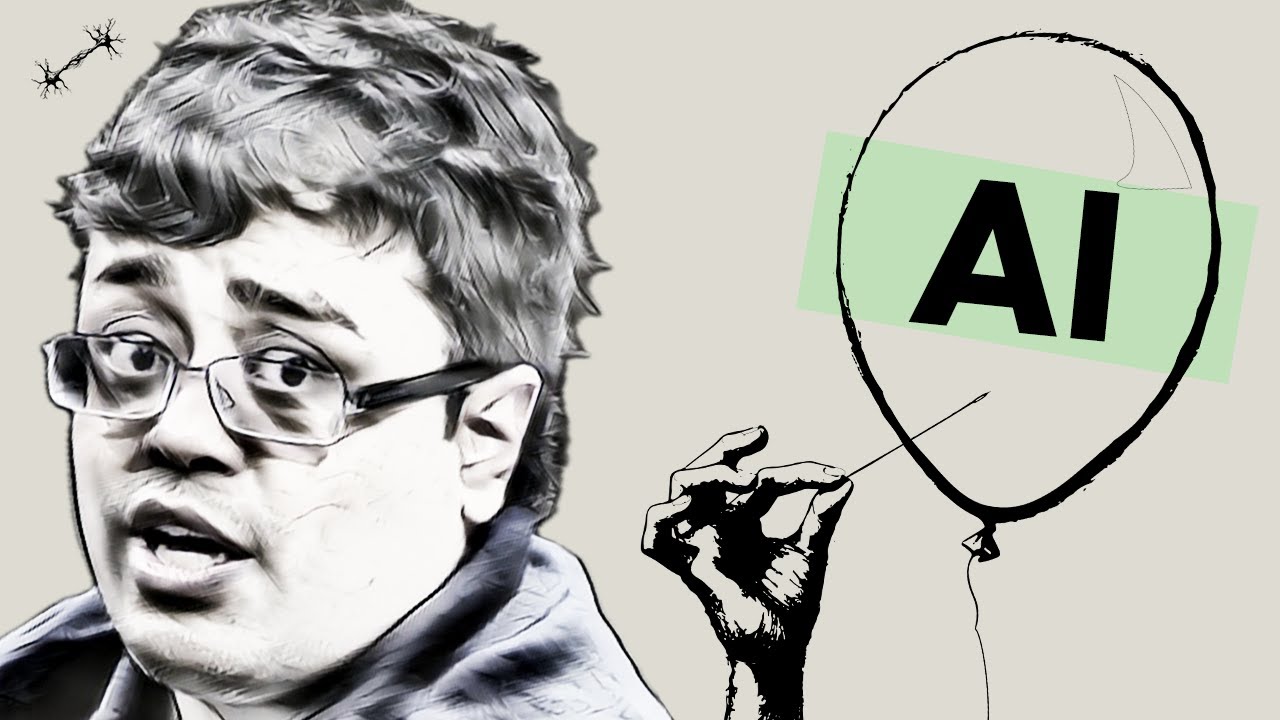The text discusses the challenges faced by various AI startups, including Stability AI and Inflection AI, in monetizing their technology and sustaining their businesses. It highlights the competitive AI talent market, ethical concerns, and the potential risks of pouring massive investments into AI startups with uncertain business models, drawing parallels to the dot-com bubble and emphasizing the need for thoughtful regulation and strategic investments in the industry.
The text explores the current state of the AI industry, focusing on the rise and fall of various AI startups and the implications for the future of AI technology. It highlights the challenges faced by AI companies, such as Stability AI, which despite initial promise and significant funding, faced issues with financial sustainability, leadership, and talent retention. The company struggled to monetize its open-source model, leading to financial troubles, lawsuits, and an exodus of key employees, ultimately resulting in the CEO’s resignation and a company in crisis.
Another case study presented is that of Inflection AI, which raised a substantial amount of funding but failed to translate it into a successful business model. The company’s flagship product, Pi, aimed at providing emotional guidance, struggled to gain traction, leading to the departure of key team members to Microsoft. Microsoft’s unique agreement with Inflection AI to license its technology and hire its top talent showcases the competitive nature of the AI talent market and the strategies employed by tech giants to attract top talent.
The narrative also delves into the AI ethics and the importance of addressing potential issues such as copyright infringement and inappropriate content generated by AI models. The story of Cohere, a Canadian AI startup, highlights the challenges faced by companies in the generative AI chat space, where despite substantial funding and innovative technology, generating sustainable revenue remains a significant hurdle. The text raises critical questions about the long-term viability of pouring massive investments into AI startups with shaky business models.
The discussion also touches upon the broader implications of the AI industry landscape, emphasizing the intense competition for AI talent among tech companies and the potential risks of consolidating talent and resources in a few dominant players. The text draws parallels to the dot-com bubble, suggesting that while AI technology holds immense potential, unsustainable business models and lack of clear monetization strategies could lead to a bursting of the AI funding bubble. The AI industry’s future trajectory remains uncertain, with the need for thoughtful regulation, ethical considerations, and strategic investments to ensure sustainable growth and innovation in the sector.
